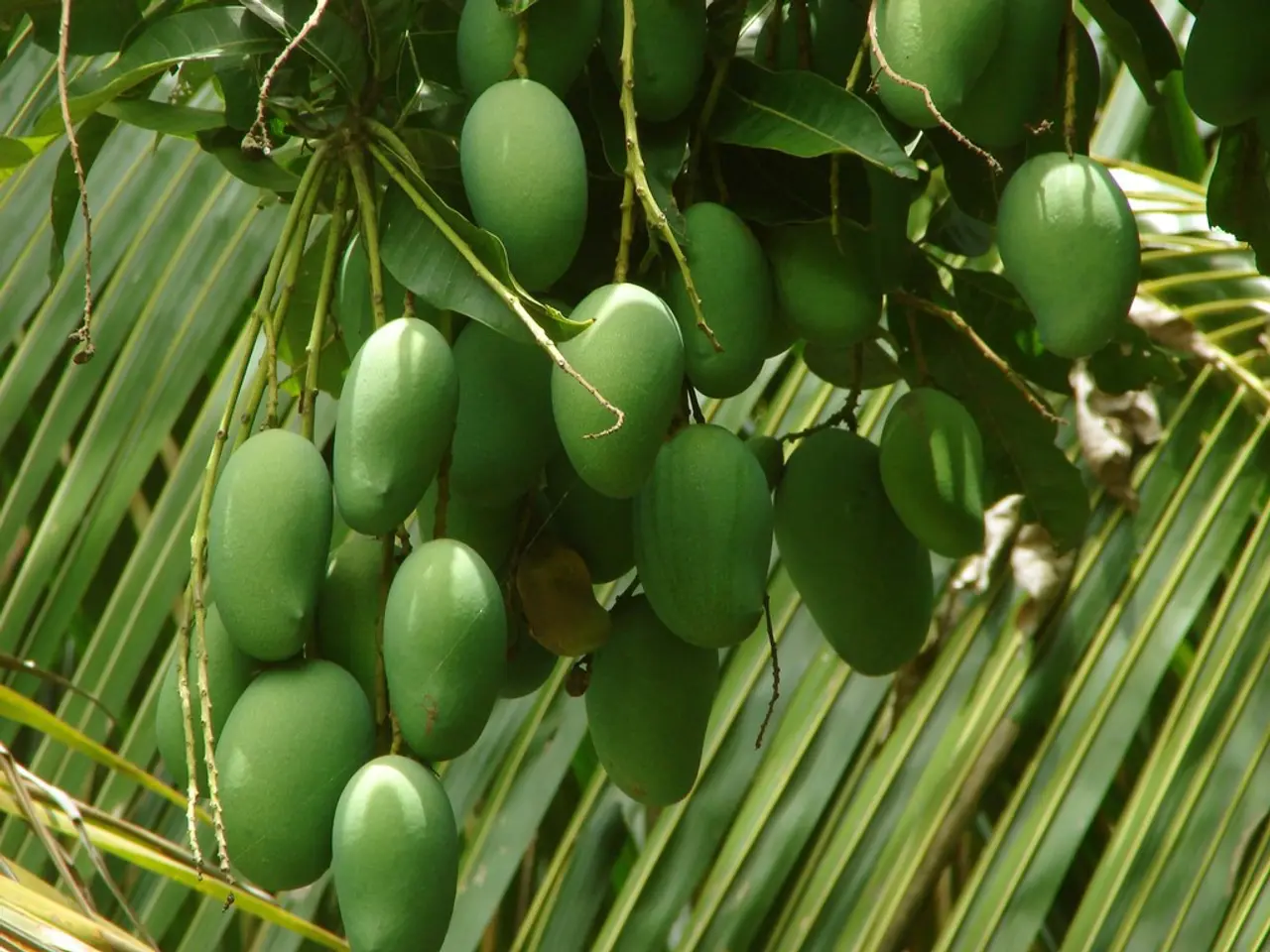Customs union agreement with the USA initiates, causing no need for despair – an initial move forward
In a recent development, the European Union (EU) and the United States have announced a deal to avoid 30% US import tariffs on EU products and potential EU counter-tariffs. However, the specific product list for the tariff exemptions remains unclear, leaving the German food and beverage industry in a state of cautious optimism.
Olivier Köhlsch, CEO of the Federal Association of the German Food Industry, has expressed his views on the matter. He emphasizes that EU counter-tariffs being off the table is a significant signal for manufacturers who rely on raw material imports from the USA. Köhlsch also calls for German politics to focus on making German companies competitive worldwide, requiring affordable energy, less bureaucracy, and reliable export promotion.
The head of press and public relations at the Bundesvereinigung der Deutschen Ernährungsindustrie e.V. (BVE), Oliver Numrich, has not provided a detailed list of specific German food and beverage product exemptions from the 15% US tariff. Only broader sectors such as spirits are explicitly mentioned as exempt, while the inclusion of wines and other food categories remains unclear or under negotiation.
Despite the uncertainties, the food industry in Germany generates an annual turnover of 232.6 billion euros with around 6,000 companies and employs around 644,000 people. The EU Commission President Ursula von der Leyen has stated that certain agricultural products will be exempt from tariffs, but the specifics are yet to be revealed.
The European internal market needs consolidation and bureaucracy reduction to strengthen the international competitiveness of the food industry. Federal Minister of Food and Agriculture Alois Rainer has announced an export strategy, with the export quota of 35% indicating that customers worldwide appreciate the quality of German food.
Köhlsch further highlights the need to effectively relieve production costs in the European Union. He urges the EU Commission to view the current agreement as a starting point for further negotiations with the USA, with the goal remaining reliable, rule-based free trade with the USA.
The USA is one of the most important third-country markets for German food and beverages, with an annual export volume of approximately 2.5 billion euros. The BVE is ready to contribute constructively to the implementation of the export strategy. As negotiations continue, the German food and beverage industry awaits further clarification on the tariff exemptions to ensure a fair and beneficial trade relationship with the USA.
- The German food and beverage industry is highly competitive, generating an annual turnover of 232.6 billion euros with around 6,000 companies and employing around 644,000 people.
- Olivier Köhlsch, CEO of the Federal Association of the German Food Industry, emphasizes the need for affordable energy, less bureaucracy, and reliable export promotion to make German companies competitive in the global business landscape, a call also addressed to German politics.
- The USA, being one of the most significant third-country markets for German food and beverages, with an annual export volume of approximately 2.5 billion euros, is priority in the EU's negotiations, as the industry awaits further clarification on the tariff exemptions to ensure a fair and mutually beneficial trade relationship.




